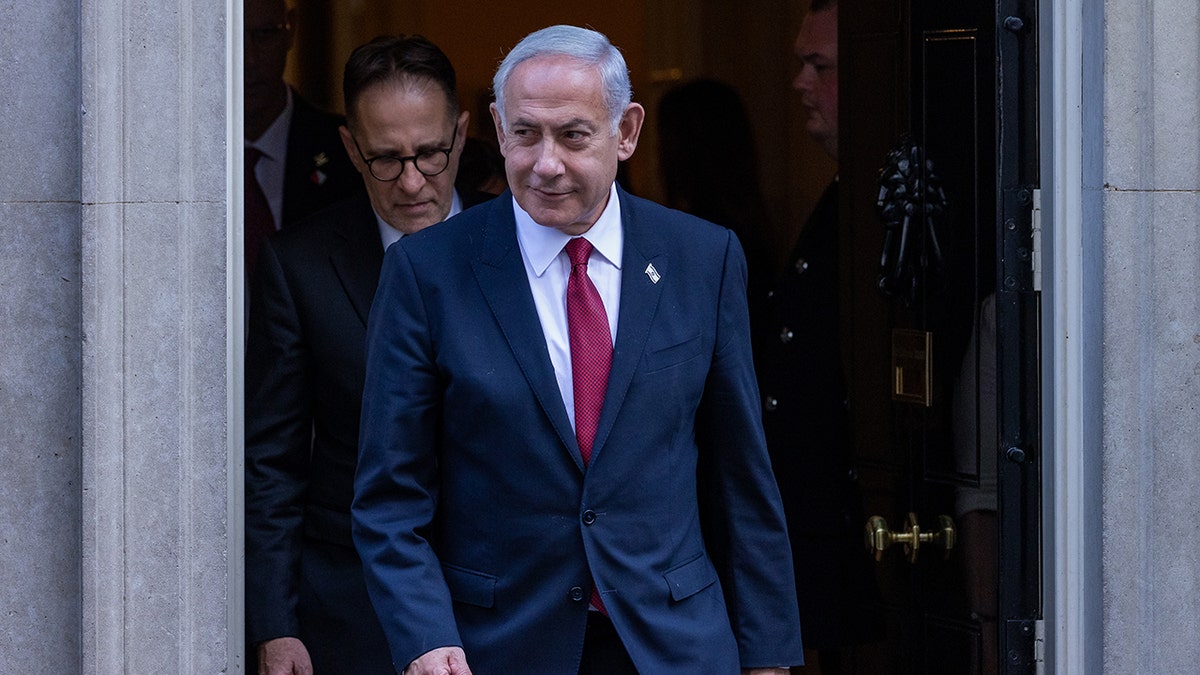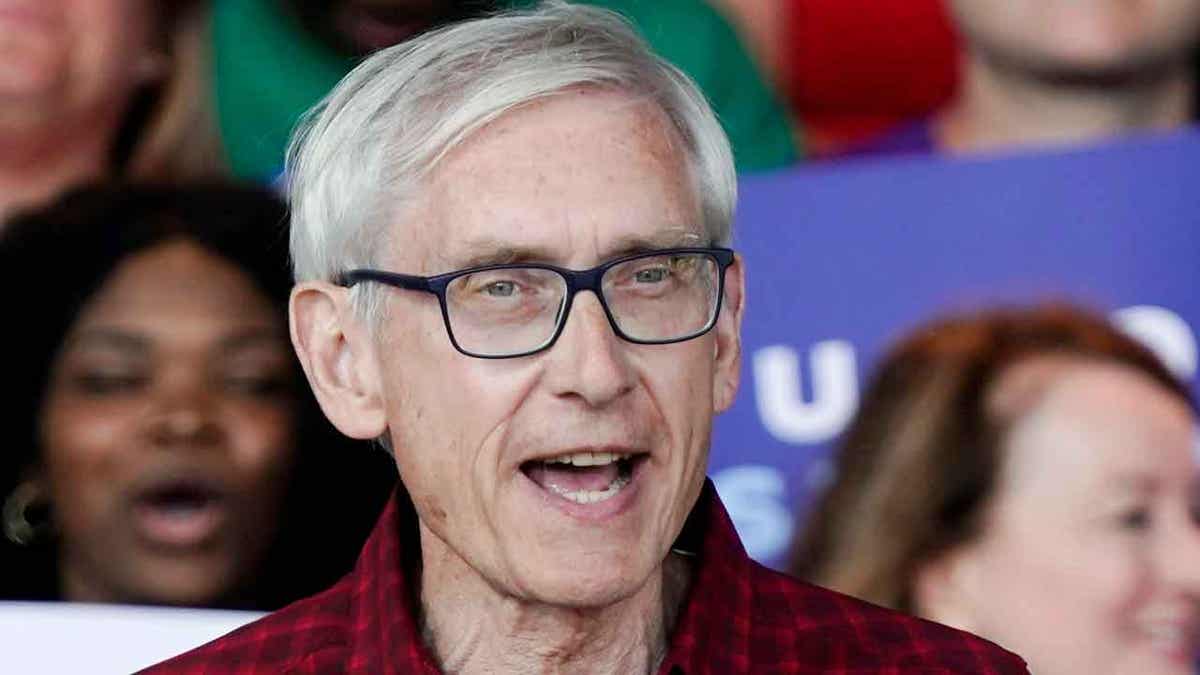A recently announced 60-day ceasefire between Israel and Hezbollah has elicited varied responses, from cautious optimism to outright condemnation. President Biden declared the agreement from the White House Rose Garden, emphasizing that Israel retains the right to self-defense should Hezbollah violate the terms. He stressed that neither Israel, Lebanon, nor the United States initiated the conflict, and highlighted the importance of pursuing security beyond military means.
Pentagon Press Secretary, Major General Pat Ryder, expressed the Department of Defense's strong support for the ceasefire, underscoring its role in collaborating with Middle Eastern partners to prevent escalation. Secretary of Defense Lloyd Austin echoed this sentiment, calling the ceasefire a significant step not only for Israel and Lebanon but also for regional stability. He expressed hope that the de-escalation could contribute to resolving the conflict in Gaza and improve humanitarian conditions there, including the release of hostages.
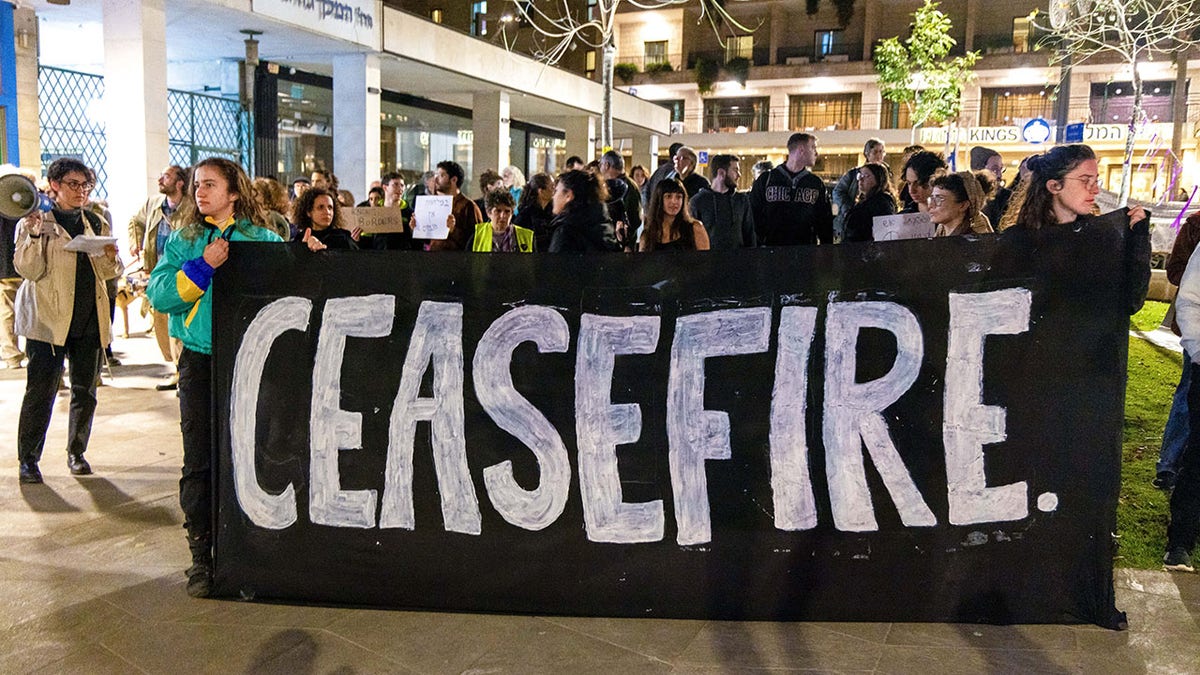
Senator Mark Warner (D-VA), Chairman of the Senate Select Committee on Intelligence, welcomed the agreement as a positive step and commended the Biden administration's diplomatic endeavors. Senator Lindsey Graham (R-SC) also expressed his satisfaction with the ceasefire, acknowledging the efforts of both the Biden and Trump administrations. He voiced hope for a similar resolution in Gaza.
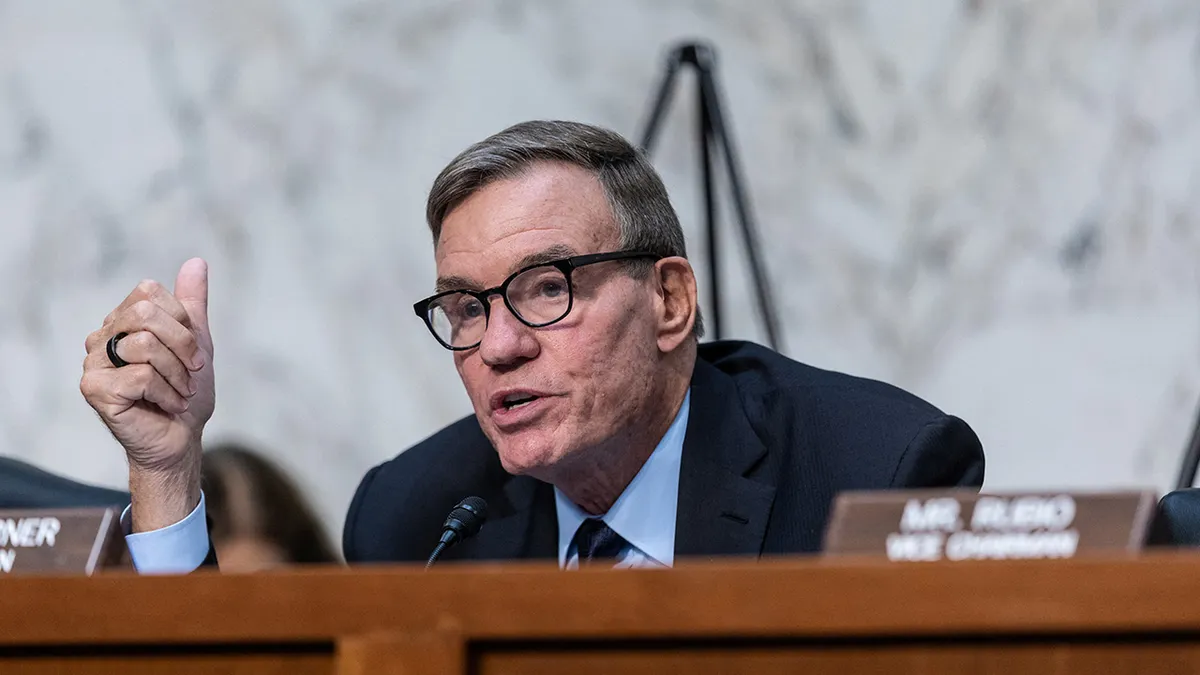
However, Senator Ted Cruz (R-TX) took a different stance, criticizing the Biden administration's approach and timing. He highlighted Israel's military achievements against Hezbollah over the past year and emphasized the importance of unwavering U.S. support for Israel. Cruz accused the administration of undermining Israel and bolstering Iran, suggesting they are using the presidential transition to solidify these policies. He also raised concerns about the administration potentially pressuring Israel into the ceasefire by withholding weapons and threatening a UN arms embargo.
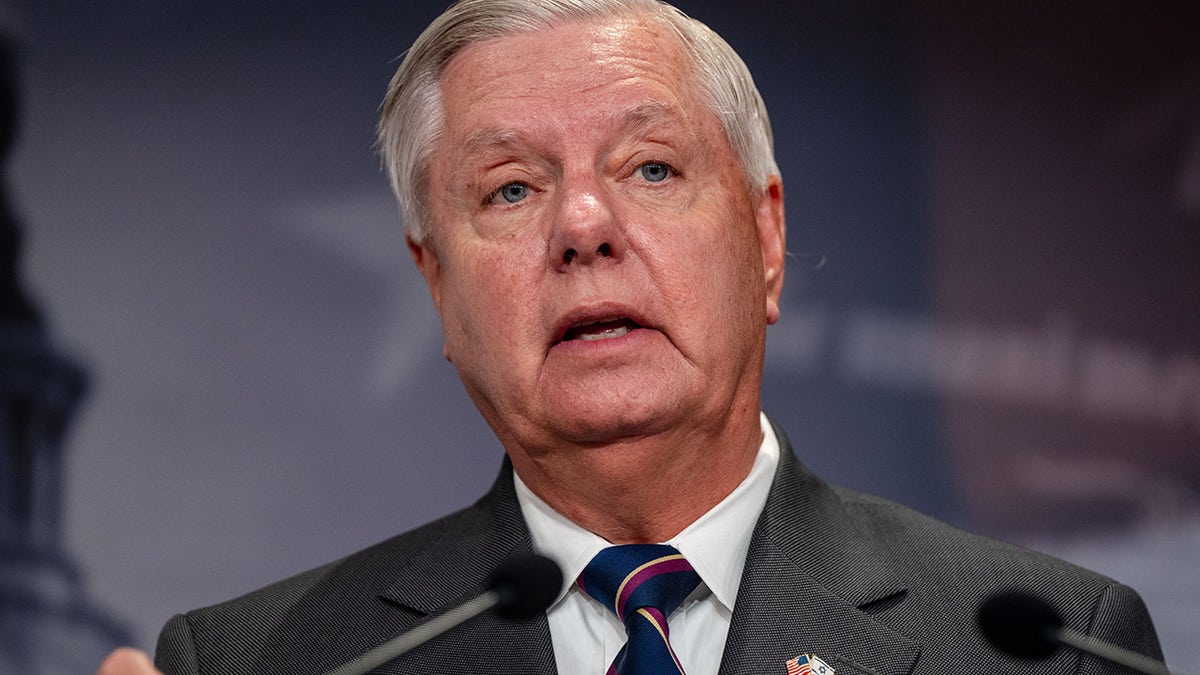

Cruz joined other senators in signing a letter indicating a potential reevaluation of the U.S. relationship with the UN and Palestinians if Palestinian President Mahmoud Abbas moves to expel Israel from the UN General Assembly. He also vowed to take action against the International Criminal Court for issuing arrest warrants for Israeli Prime Minister Benjamin Netanyahu and former Defense Minister Yoav Gallant.
